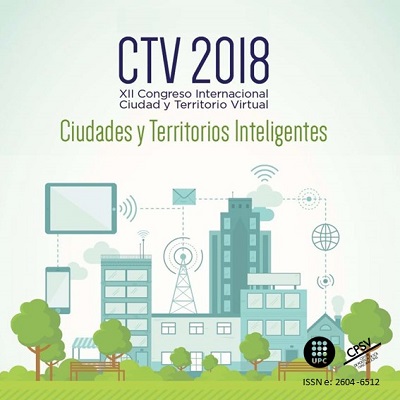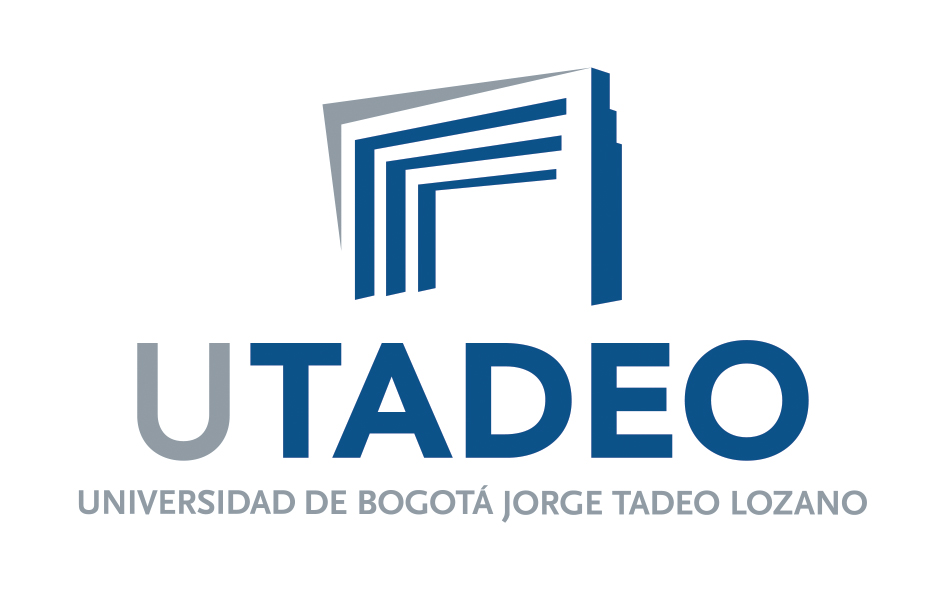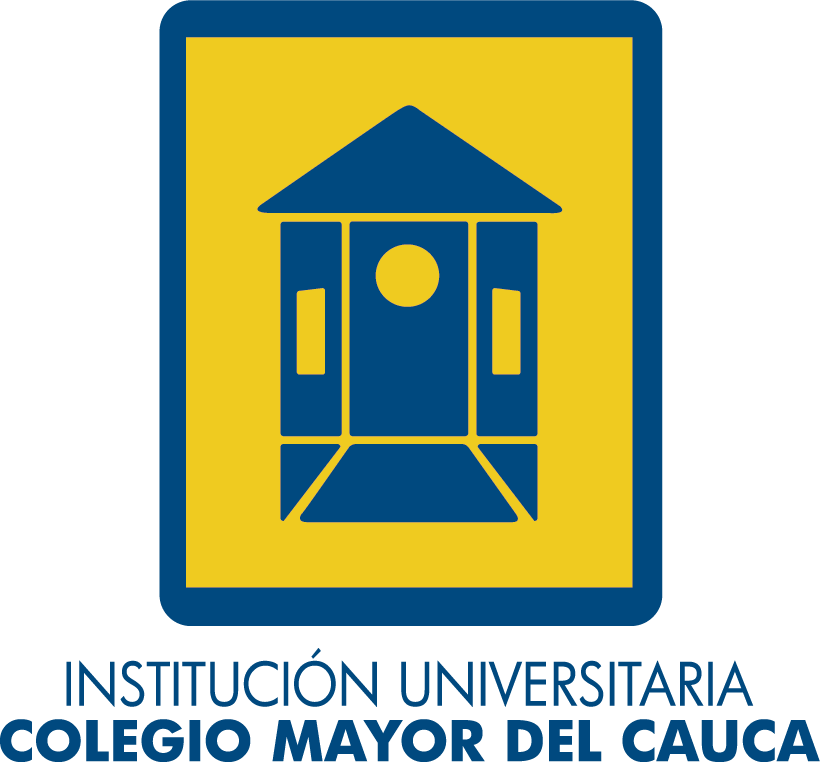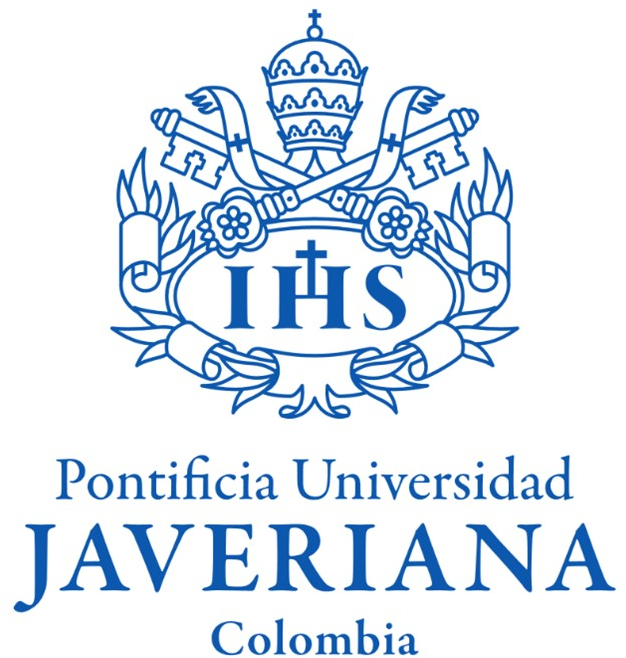Evaluación de la disposición a pagar (DAP) por atributos para viviendas energéticamente eficientes. Aproximaciones para su calificación y certificación energética
DOI:
https://doi.org/10.5821/ctv.8244Palabras clave:
Mercado inmobiliario, valoración contingente, certificación energética, eficiencia energéticaResumen
El ser humano a lo largo del tiempo ha buscado en la construcción de su hábitat satisfacer la necesidad de protección ante los elementos ambientales. Necesidad por la flexibilidad y la capacidad física que tiene a la adaptación, lo cual es relativamente débil comparada con la de otros seres vivos. Es por ello que la arquitectura ha creado el enfoque bioclimático, que persigue la eficiencia energética en los espacios, con el objetivo de ser autosuficientes y confortables gracias al aprovechamiento de los recursos naturales.
El diseño de la vivienda en la historia de la humanidad ha reflejado diversas soluciones adoptadas para ser construida de manera controlada e insertada en un ambiente natural, el cual es por lo general variable y adverso con el frío, el calor, el viento, las lluvias y el sol. Sin embargo, el crecimiento y aglomeración de la población a partir del siglo XX ha fomentado una serie de problemáticas derivadas por no atender la tarea de adaptar de una manera adecuada la vivienda al entorno. El factor biológico en el sitio y los criterios de diseño y construcción han dejado de lado la consideración de atributos que propician el confort térmico, como componente determinante en la definición de una vivienda eficiente energéticamente.
En el contexto institucional, se tiene más de una década en que la Unión Europea instauró en las viviendas, la obligación universal de Certificar la Eficiencia Energética (CEE) en el momento de su compra venta. Es así, que el mercado inmobiliario de Europa tiene una calificación institucionalizada para dar transparencia energética a las operaciones inmobiliarias y, sobre todo, incentivar la construcción/renovación de edificios eficientes. Sin embargo, no se han tenido los avances planeados y ha quedado como meras buenas intenciones.
En el contexto mexicano se han creado diversos programas para mejorar la eficiencia energética en la vivienda, tal es el caso de la hipoteca verde. No obstante, el resultado no ha sido el esperado. La investigación nace ante estas inquietudes, en donde se pretende conocer el impacto de la eficiencia energética en el valor de la vivienda.
Para ello se han establecido dos objetivos:
1) Analizar si los potenciales compradores de vivienda estarían dispuestos a pagar (DAP) más por viviendas energéticamente eficientes.
2) Saber si las unidades con las que se expresa la eficiencia energética inciden sobre la DAP.
El método empleado es el de valoración contingente, el cual consiste en simular un mercado hipotético mediante una encuesta a los consumidores potenciales. Se le ha preguntado por la máxima cantidad de dinero que están dispuestos a pagar por el bien si tuviera una serie de atributos ligados a la eficiencia térmica al compararlo. Razón por la cual se ha situado a la valoración contingente como un procedimiento razonable para medir la pérdida de utilidad en personas que no van a disfrutar de forma inmediata un bien singular, pero que estarían dispuestas a pagar algo por la opción de disfrutarlo en el futuro.
Entre los hallazgos obtenidos se tienen aproximaciones acerca del efecto de la eficiencia energética sobre las preferencias de las personas, y más particularmente sobre la disposición a pagar por las viviendas más eficientes. Se identifican confusiones en la manera de mesurar y la conceptualización de eficiencia energética. Adicionalmente las personas están dispuestas a realizar un pago adicional por la vivienda eficiente energéticamente, cabe señalar que relacionado al ahorro que se obtiene en la factura de gas y electricidad.
























